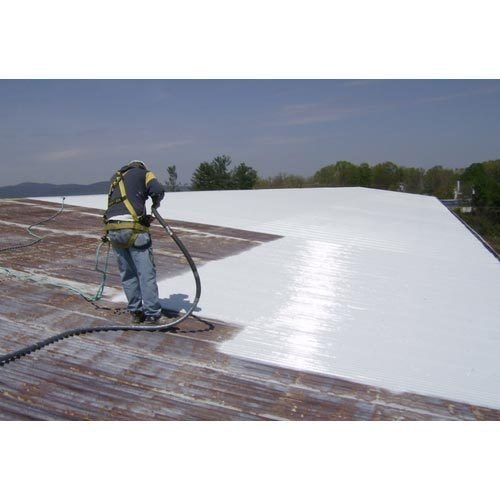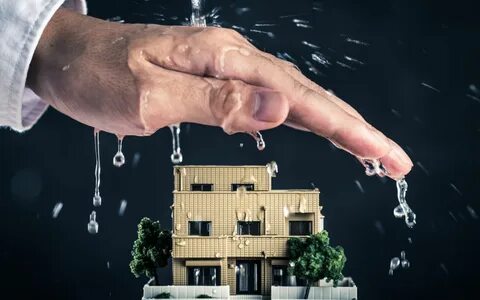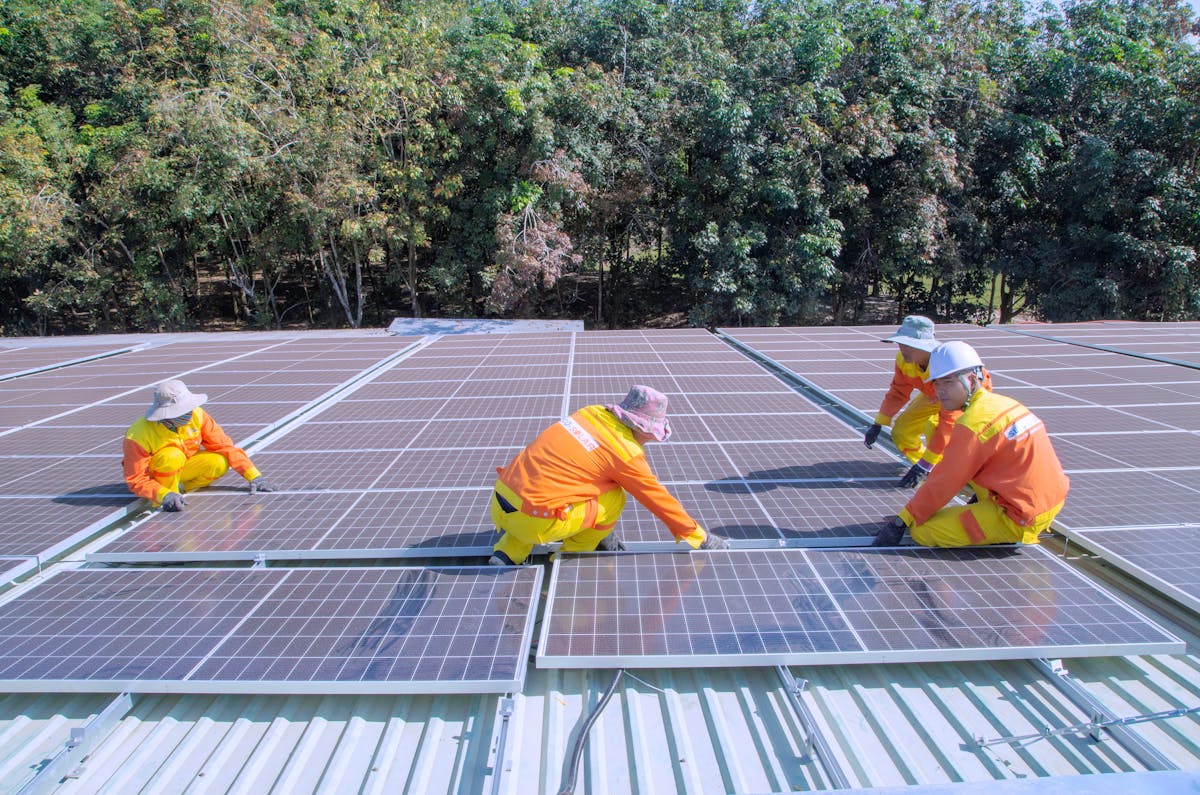Roof Waterproofing Services
Roofs are one of the most critical components of any building, serving as the first line of defense against the elements. However, without proper waterproofing, roofs can become vulnerable to leaks, water damage, and even structural failure. Roof waterproofing services are designed to protect your property by preventing water infiltration, thereby extending the life of your roof and safeguarding the entire building. In this article, we will explore the importance of roof waterproofing services, the various methods available, and how to choose the right service provider for your needs.
The Importance of Roof Waterproofing
Water damage is one of the leading causes of roof deterioration. When water penetrates a roof, it can cause a host of problems, from minor leaks to significant structural damage. Here’s why roof waterproofing is essential:
-
Prevents Water Damage: Waterproofing creates a barrier that prevents water from seeping into the roof’s structure. This helps protect against leaks that can damage insulation, electrical systems, and interior finishes.
-
Extends Roof Lifespan: Roofs that are properly waterproofed are less likely to suffer from water-related issues, such as rot, mold, and corrosion. This prolongs the life of the roof, saving you money on repairs and replacements in the long run.
-
Enhances Energy Efficiency: A waterproofed roof helps maintain consistent indoor temperatures by preventing water from compromising insulation. This can lead to lower energy bills and a more comfortable living or working environment.
-
Prevents Mold and Mildew: Water infiltration can lead to the growth of mold and mildew, which can be harmful to health and cause unpleasant odors. Waterproofing helps keep the roof dry, reducing the risk of mold-related issues.
-
Increases Property Value: A well-maintained roof that has been professionally waterproofed can increase the value of your property. Buyers and tenants are more likely to invest in a property that has a reliable, long-lasting roof.
Common Roof Waterproofing Problems
Roofs are exposed to various elements that can lead to waterproofing issues over time. Understanding these common problems can help you take preventive measures:
-
Cracked or Missing Shingles: Over time, shingles can crack, curl, or become loose due to weathering. This can create gaps that allow water to penetrate the roof. Regular inspections and timely repairs are essential to maintaining the integrity of the shingles.
-
Pooling Water: Flat roofs or roofs with poor drainage can accumulate standing water, which can eventually seep through the roof and cause leaks. Proper waterproofing ensures that water is directed away from the roof surface.
-
Flashing Failures: Flashing is the material used to seal joints and seams on the roof, such as around chimneys, vents, and skylights. If the flashing is damaged or improperly installed, it can allow water to enter the roof. Waterproofing services often include inspecting and repairing flashing to ensure a watertight seal.
-
Membrane Punctures: Roof membranes are designed to provide a continuous waterproof barrier. However, punctures or tears in the membrane can compromise its effectiveness. These issues need to be addressed promptly to prevent water infiltration.
-
Age and Wear: All roofing materials degrade over time, especially when exposed to harsh weather conditions. Older roofs are more prone to leaks and water damage, making regular waterproofing maintenance essential.
Types of Roof Waterproofing Solutions
There are various roof waterproofing methods available, each with its own advantages and applications. The choice of method depends on the type of roof, the building’s location, and the specific needs of the property. Here are some of the most common roof waterproofing solutions:
-
Liquid Waterproofing Membranes: Liquid membranes are applied to the roof surface and dry to form a seamless, flexible, and durable waterproof layer. They are ideal for roofs with complex shapes or numerous penetrations, such as vents and skylights. Liquid membranes can be applied in multiple layers for enhanced protection.
-
Bituminous Coating: Bituminous, or asphalt-based, coatings are commonly used for waterproofing flat roofs. These coatings provide a strong, water-resistant barrier and can be applied as a liquid or in the form of sheets. Bituminous coatings are known for their durability and are often reinforced with fabrics or polymers for added strength.
-
EPDM Rubber Roofing: EPDM (ethylene propylene diene monomer) is a synthetic rubber membrane that is highly resistant to UV rays, ozone, and weathering. It is often used for flat roofs and is available in large sheets that can cover expansive roof areas with minimal seams. EPDM is a popular choice for commercial and industrial buildings.
-
Polyurethane Waterproofing: Polyurethane coatings are known for their excellent elasticity and adhesion. They are often used for waterproofing flat roofs, balconies, and terraces. Polyurethane forms a durable, seamless membrane that can withstand extreme temperatures and weather conditions.
-
TPO and PVC Membranes: Thermoplastic Olefin (TPO) and Polyvinyl Chloride (PVC) membranes are synthetic materials that offer excellent waterproofing properties. These membranes are heat-welded at the seams to create a watertight barrier, making them suitable for flat and low-slope roofs. TPO and PVC are also energy-efficient, reflecting sunlight to reduce heat buildup.
-
Green Roofing Systems: Green roofs, which incorporate vegetation and soil layers, require specialized waterproofing to prevent water infiltration into the building. Waterproofing membranes for green roofs are typically root-resistant and designed to handle the additional weight and moisture retention associated with these systems.
Choosing the Right Roof Waterproofing Service Provider
Selecting a reliable and experienced roof waterproofing service provider is crucial for ensuring the effectiveness and longevity of the waterproofing solution. Here are some tips for choosing the right provider:
-
Experience and Expertise: Look for a service provider with a proven track record in roof waterproofing. Experienced professionals are more likely to identify potential issues and recommend the most suitable waterproofing solution for your roof type and condition.
-
Quality of Materials: Ensure that the service provider uses high-quality, durable materials that are appropriate for your specific roof. Quality materials are essential for long-lasting waterproofing protection.
-
Comprehensive Services: A good roof waterproofing provider should offer a range of services, including inspection, repair, and maintenance. This ensures that all aspects of your roof’s waterproofing are addressed.
-
Customer Reviews and References: Check customer reviews and ask for references from previous clients. Positive feedback and testimonials can give you confidence in the provider’s ability to deliver quality work.
-
Warranties and Guarantees: A reputable provider should offer warranties on both the materials and the workmanship. This provides peace of mind, knowing that the waterproofing is covered in case of any issues.
-
Cost and Value: While cost is an important factor, it should not be the sole consideration. The value of the service, including the quality of materials, workmanship, and long-term protection, is what truly matters. Investing in a quality waterproofing service can save you money in the long run by preventing costly repairs.
Conclusion
Roof waterproofing services are essential for protecting your property from water damage and extending the life of your roof. With the right waterproofing solution, you can prevent leaks, enhance energy efficiency, and maintain the structural integrity of your building. By choosing an experienced and reliable service provider, you can ensure that your roof is properly waterproofed and prepared to withstand the elements for years to come. Whether you own a residential home, commercial building, or industrial facility, investing in professional roof waterproofing is a wise decision that pays off in the long run.




